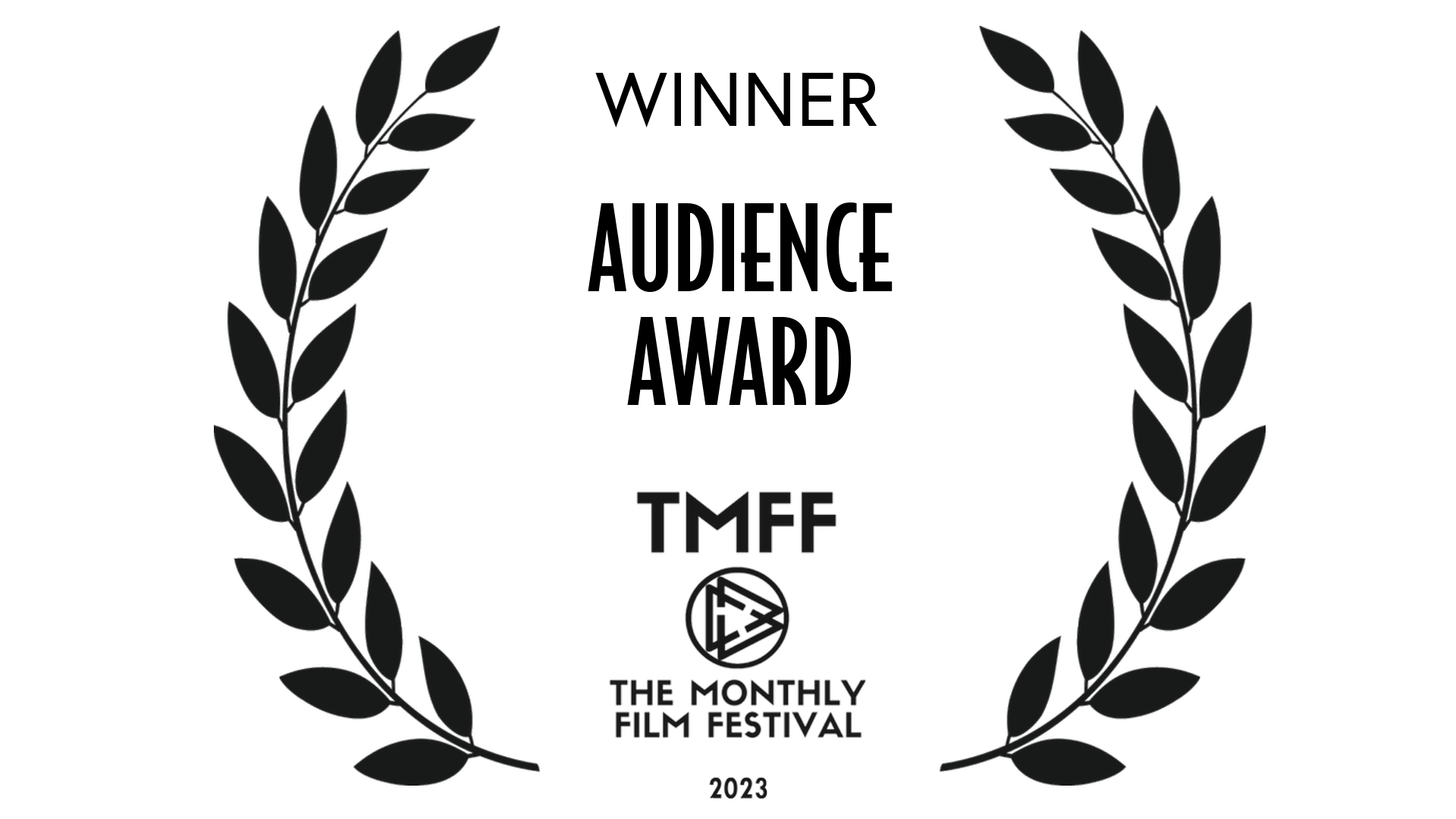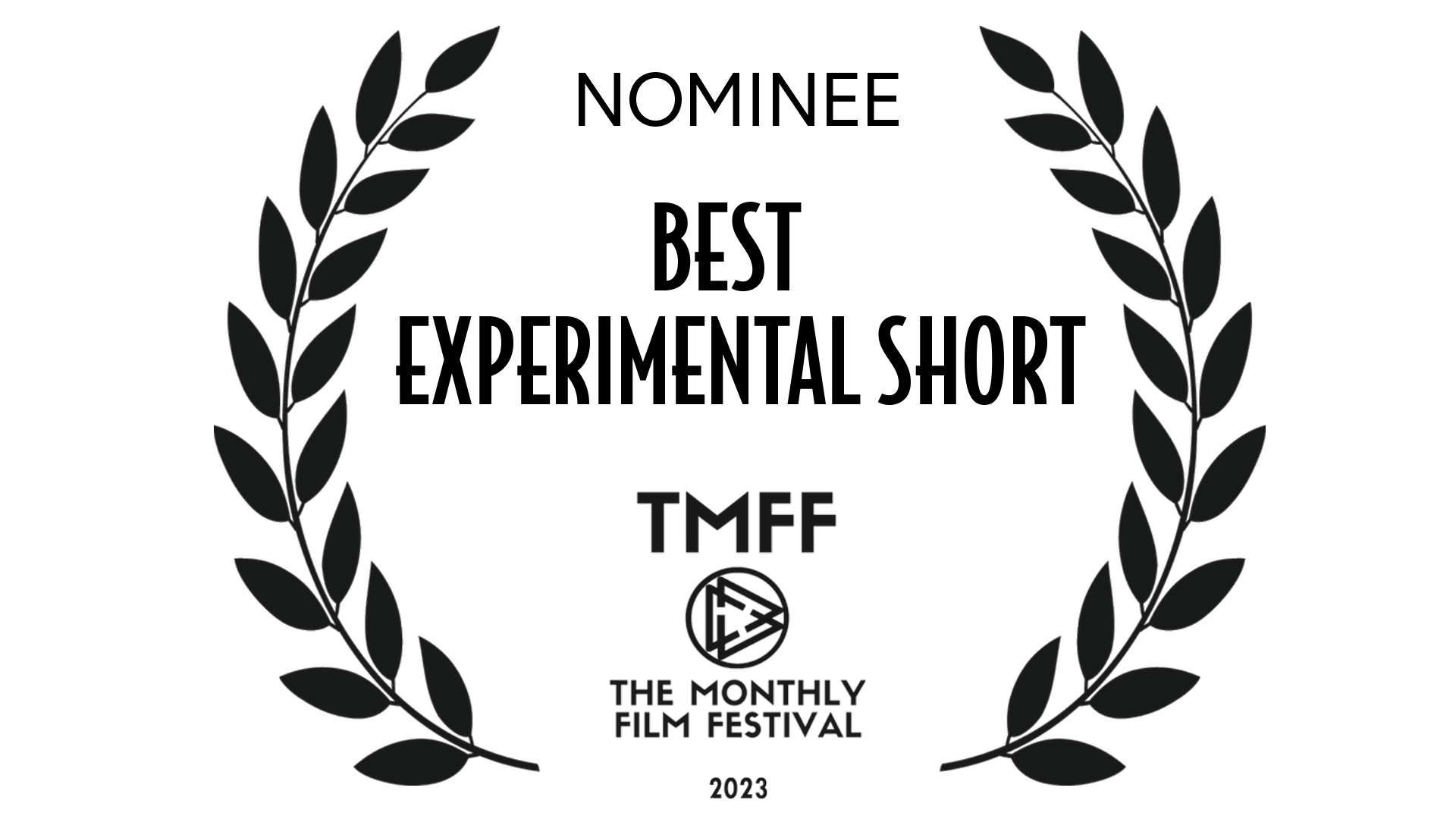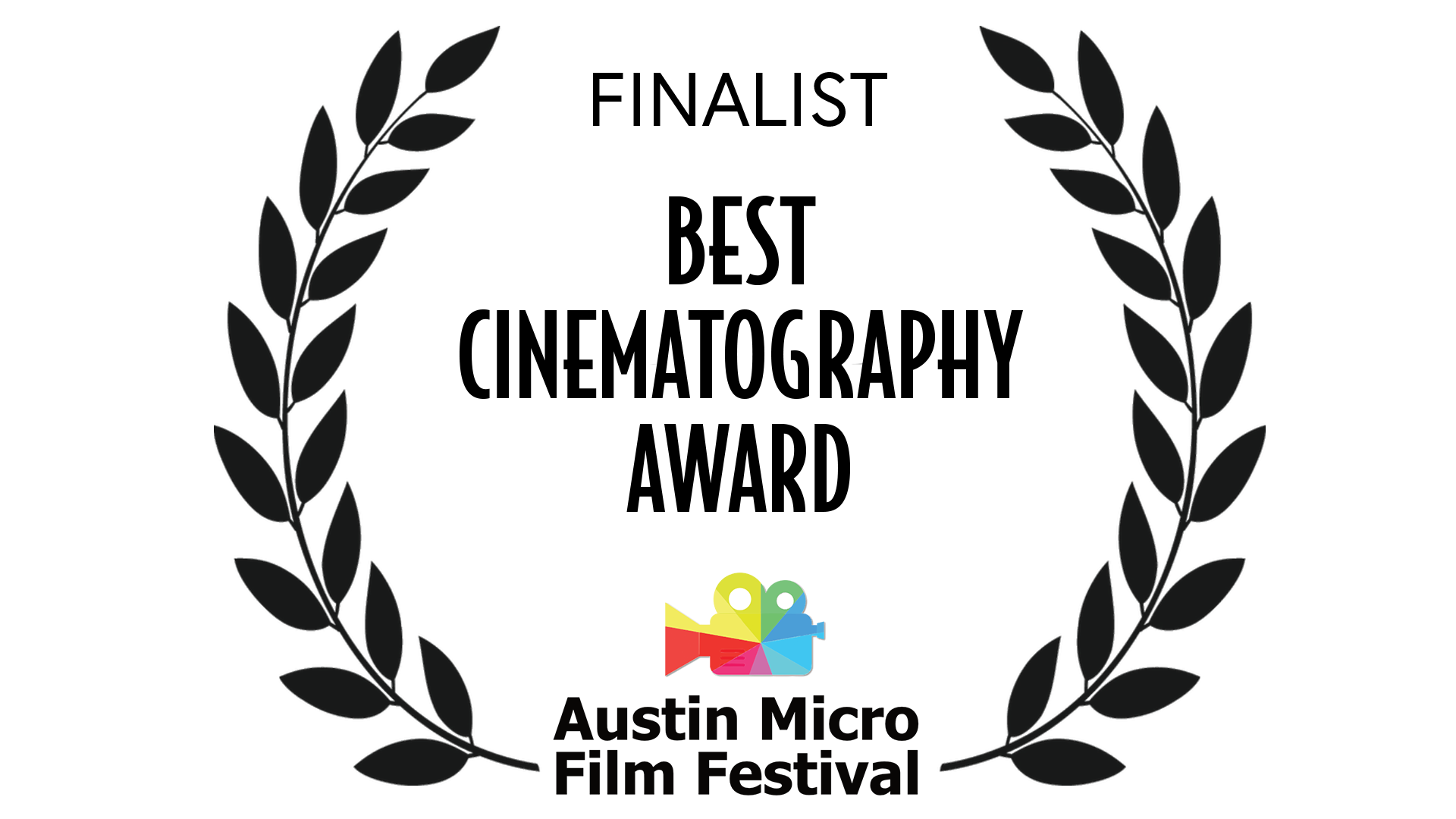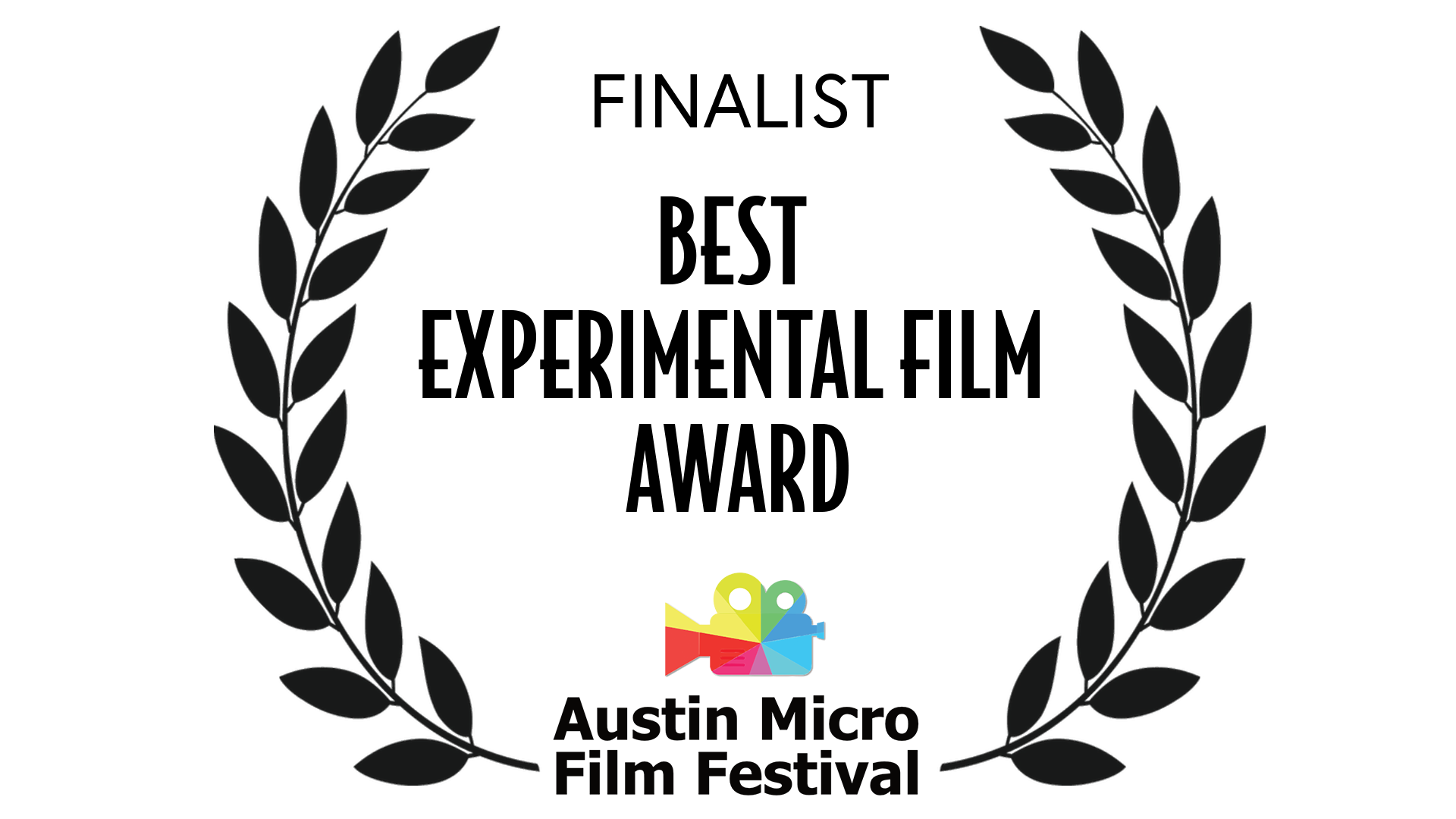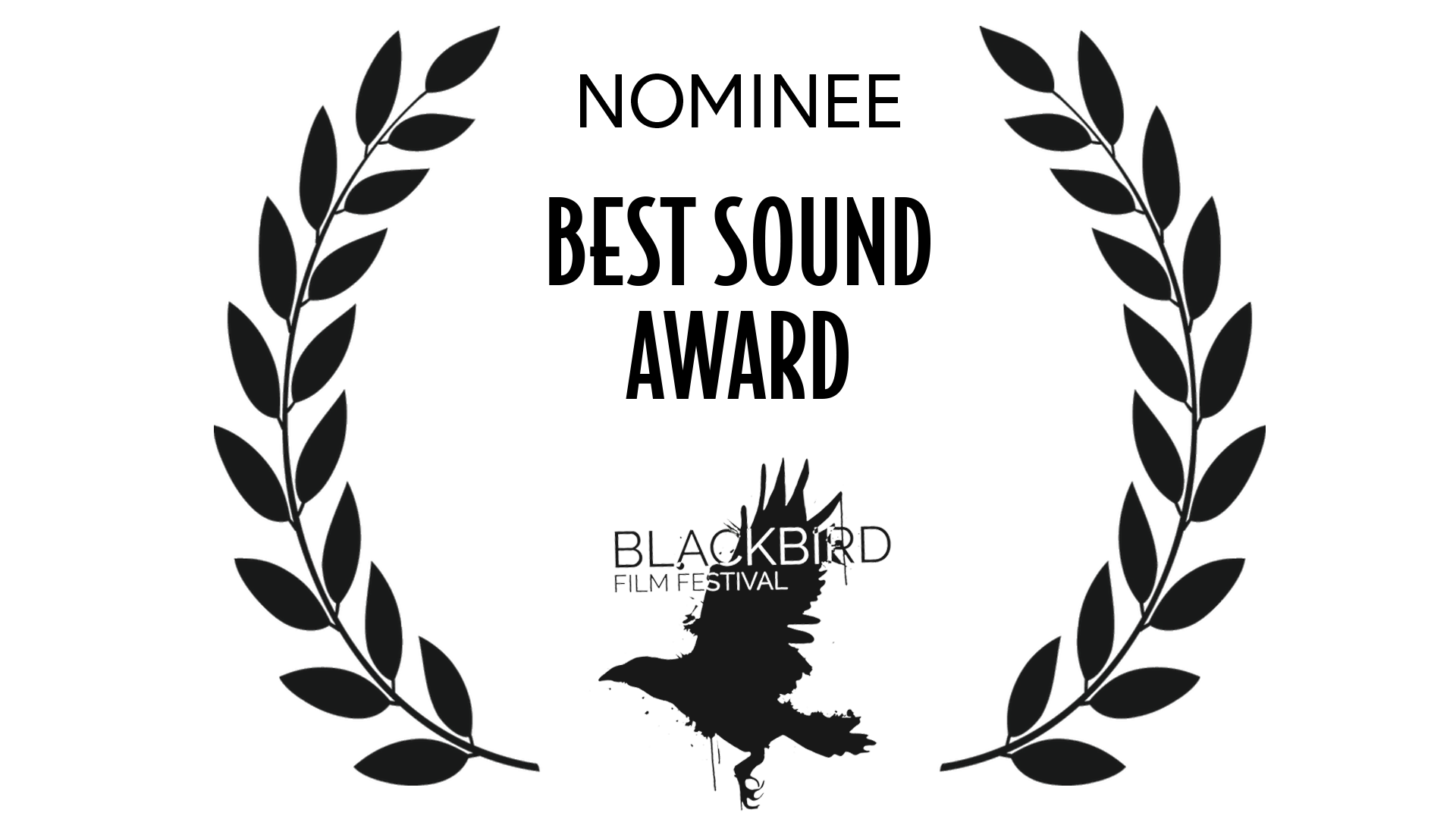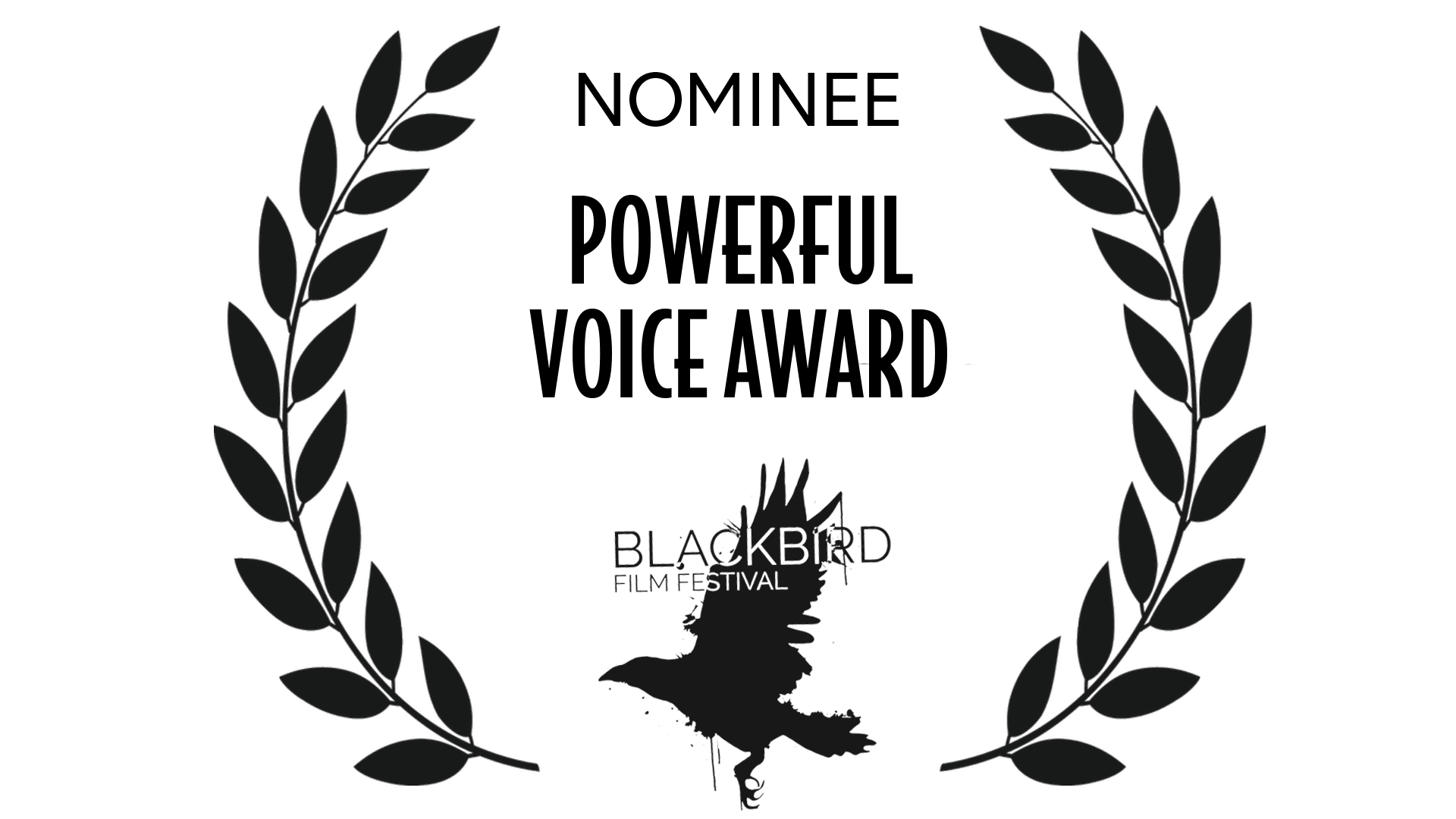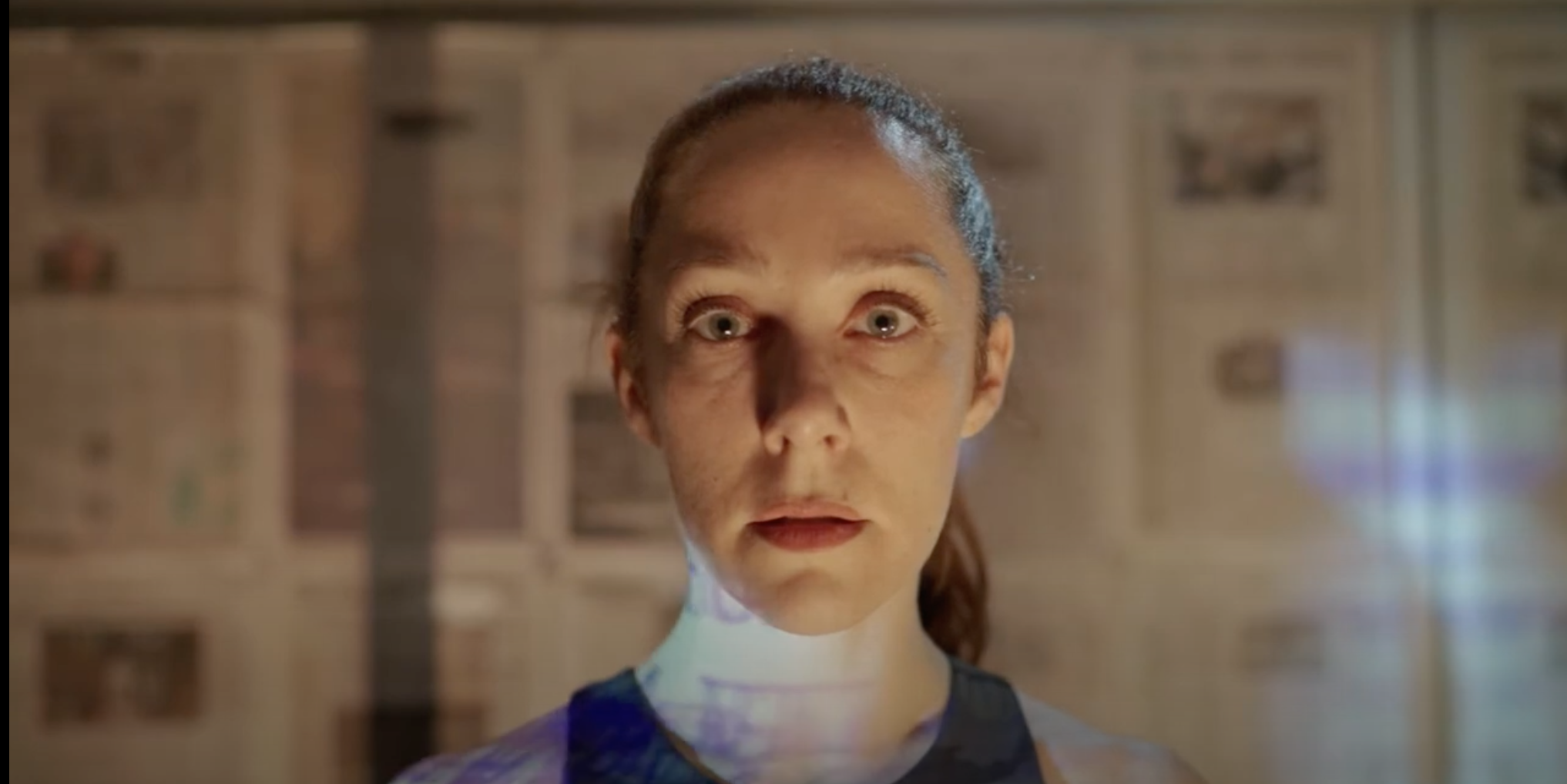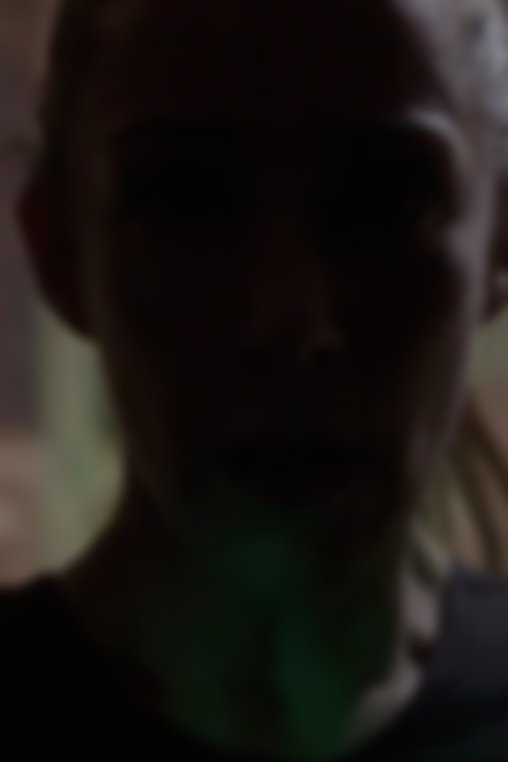
WASABI: BITS FOR THE MIND
Wasabi “bits” are films that make you think. These evocative stories aim to unsettle the viewer, shaking up perceptions, with the ultimate aim of further conversation. They explore the influence of science and technology in our lives, asking the viewer how we are being transformed as a result of it? How do we integrate/process these influences? What are we now, and what are we morphing into?
FEATURED PROJECT
O, BRAVE NEW WORLD
-
In "O, brave new world," a woman grapples with the events of 2020-2021. The film asks questions such as, how does this barrage of news coverage affect us? How do we integrate these influences and process these events? How does it transform us... and where do we go from here?
Currently Filming
All The World is a Stage
Created by Sarah Bierstock
Directed/Written by Desiree Abeyta
All The World is a Stage
Created by Sarah Bierstock
Directed/Written by Desiree Abeyt
A songstress trying to appeal to the diverse expectations of her audience buckles under the pressure to be everything to everyone until until she finds herself in the eyes of whose gaze matters most.
-
Society asks women to perform constantly-- as mothers, wives, professionals, seductresses, chaste homemakers... and the gazing eyes of the audience , and their various perspectives, judge her. This short, musical film, allows the songstress to take back her power-- and ultimately realizing that the most important eyes on her is those of her child. It is a performers journey of self empowerment in learning to find self validation from the internal, and not the external. What we hope to accomplish is to ignite a conversation around the unrealistic expectations placed on women, and to bolster the need for validating self-worth in girls and women based on their intellect, spirit, talent and integrity- over their external selves.
FUTURE PROJECTS
Mask Baby
by Sarah Bierstock
-
A healthy baby boy is born – with the addition of a thin air filtering flesh mask covering his mouth and nose. The mother wants to bring her baby home from the hospital, while her husband and the physicians want him observed for scientific study, claiming an obligation to the advancement of modern medicine- and potentially the end of respiratory viruses. Who has the right to make what decisions for the baby- the parents or the institutions established to protect society as a whole? If a child is born with an evolutionary advantage, should he not be studied for the good of mankind? And more-over, what are we as a species evolving into (physically, emotionally, morally)?
SIMULATION THEORY:
Ai to Ai
by Sarah Bierstock
-
A woman sits in a pizza parlor and listens to a podcast of philosopher, Nick Bostrom, explaining the three questions/possibilities that support Simulation Theory on her headphones. The woman’s doppelgänger comes and sits down across from her. They both take a bite of their pizza in unison; they both panic. The woman tries to trick the other out of the unison routine- to no avail. She rips off her headphones to be free of her, yet she remains. Is one the ancestral version of the other? Which is real, and how do we know?
Many Worlds Theory
by Sarah Bierstock
-
The Department Chair of Astrophysics at Princeton is being questioned by the all-male faculty board for her inclusion of Many Worlds Theory (MWT) in her curriculum. MWT implies that there are most likely an uncountably infinite number of universes. The theory is a bit too radical for the Board to feel comfortable including in the syllabus. They press her with questions: Why is this so important to her? And if there are multiple realities - is one right or wrong? Good or bad? How can we agree on what reality we’re all in? The scene plays out twice with two contradictory endings.
UKRAINE
by Sarah Bierstock
-
A woman sits at her computer listening to the news on the Russian invasion of Ukraine. Breaking news plays on the radio. She tries to donate to the people of Ukraine, but propaganda pop ups and trolls take over her screen and her internet cuts out. Determined to find a proper internet connection, she hops in her car and heads to get gas. Gas costs have skyrocketed. She searches her pockets for cash and doesn’t have enough. The car won’t start, the internet’s down, the phone is cut off. She gets out and stands alone on the side of the street. People get out of their cars and stare at each other. Who are we without technology? What does connecting with each other look like without it? What does it mean to be disconnected from it? Are we more human with or without it?
